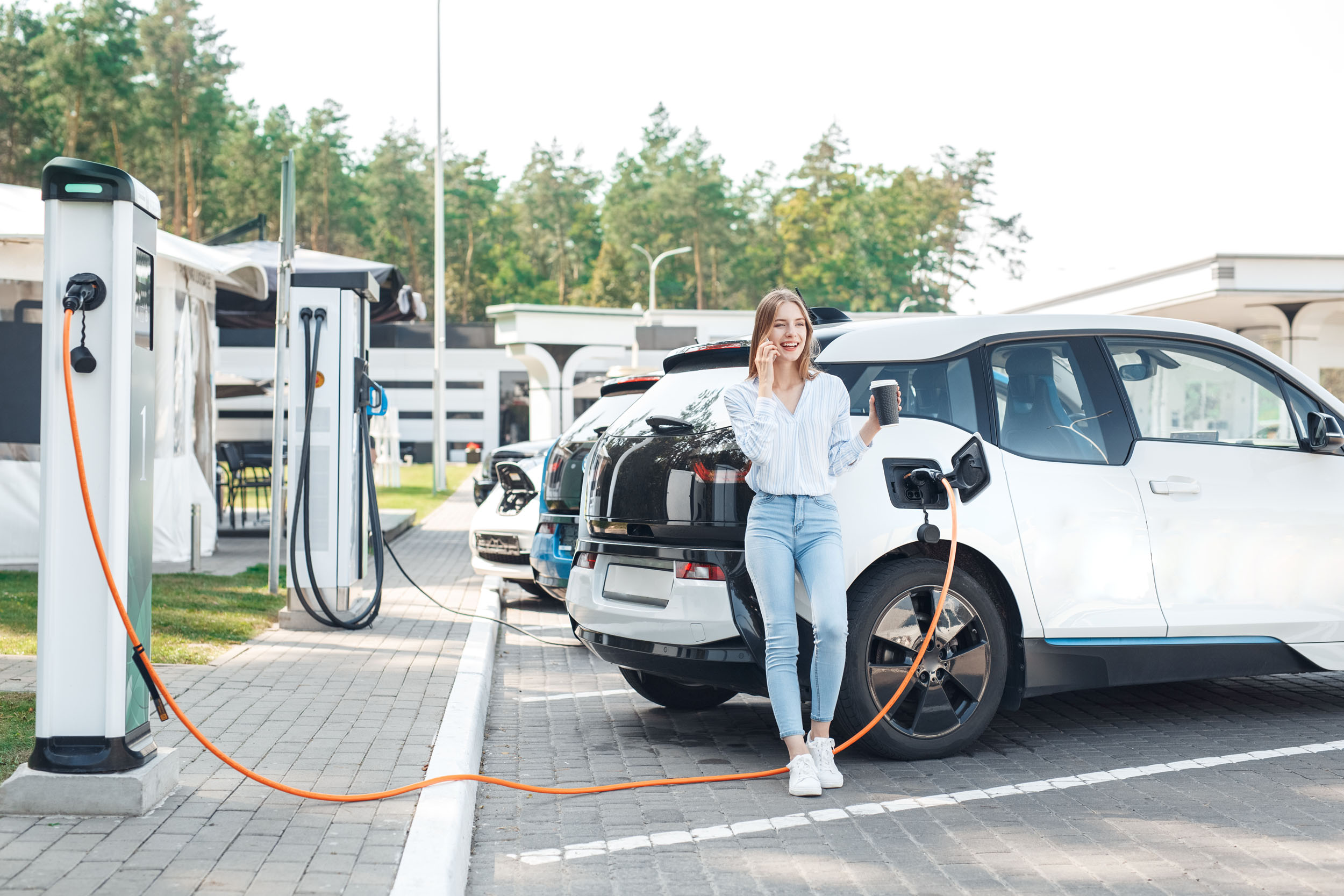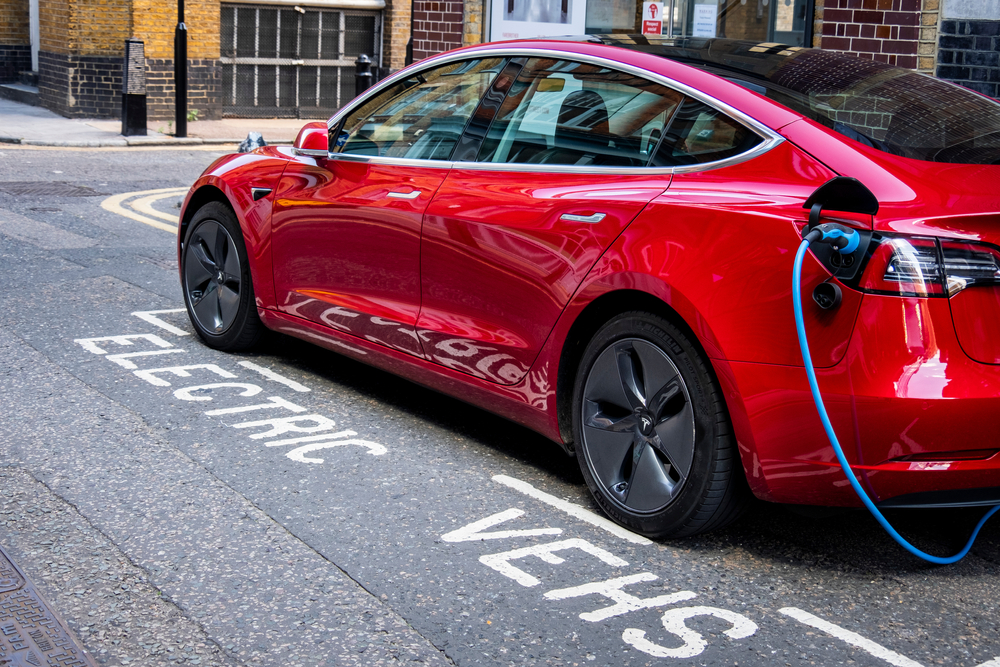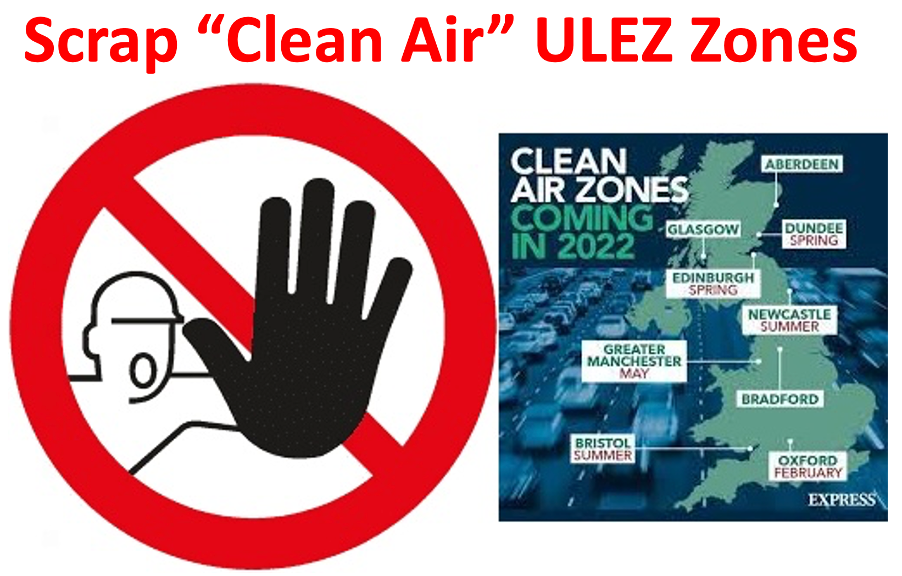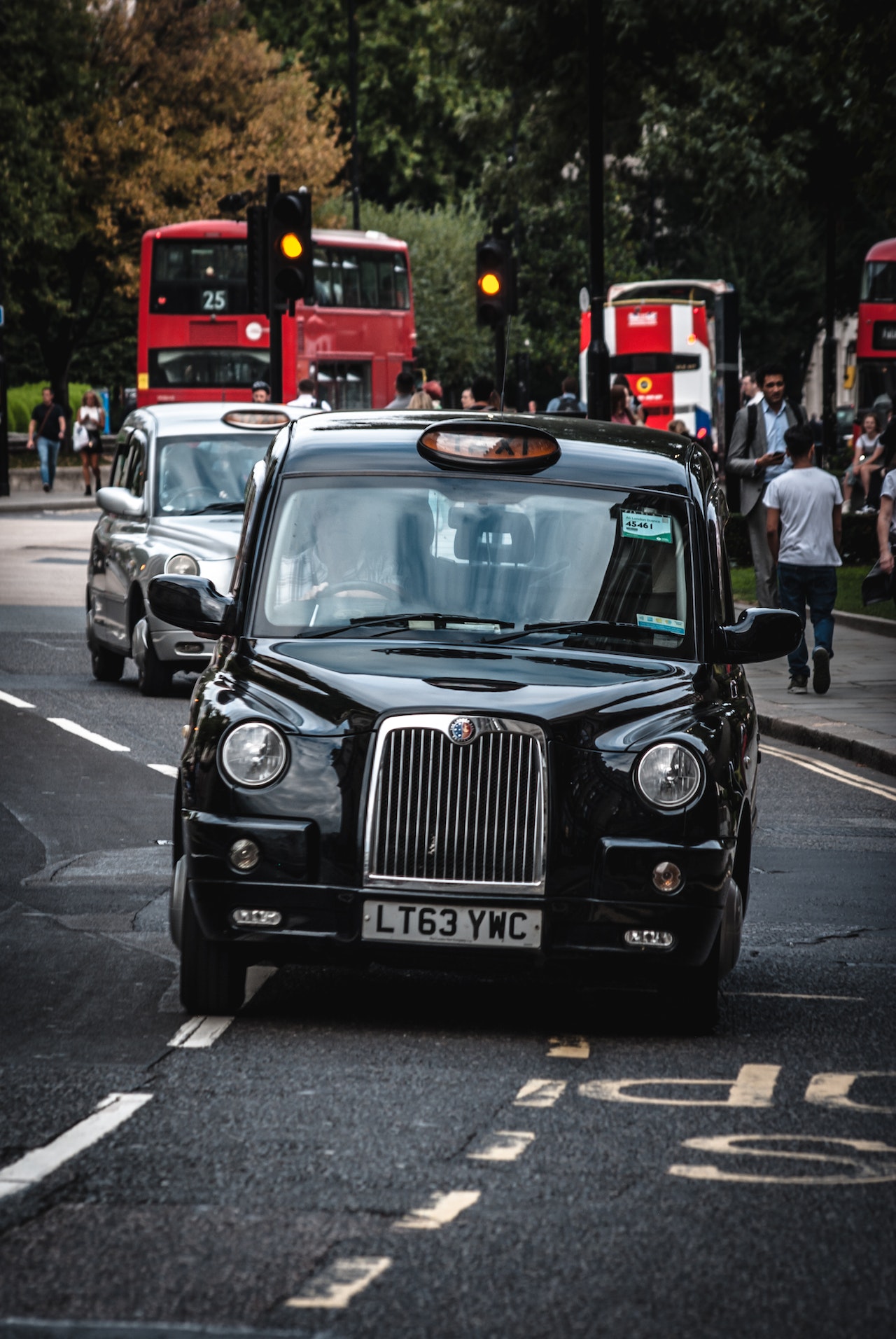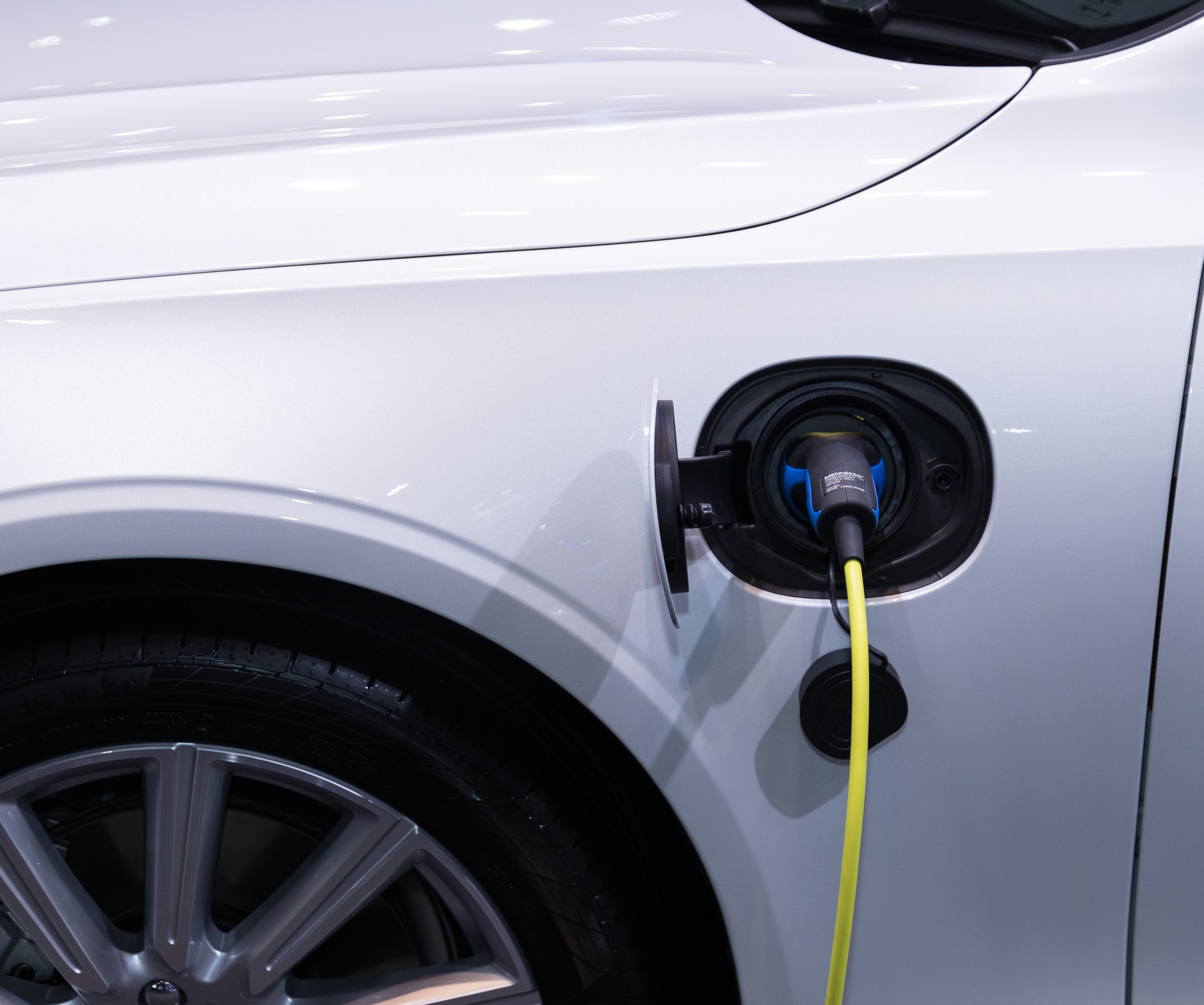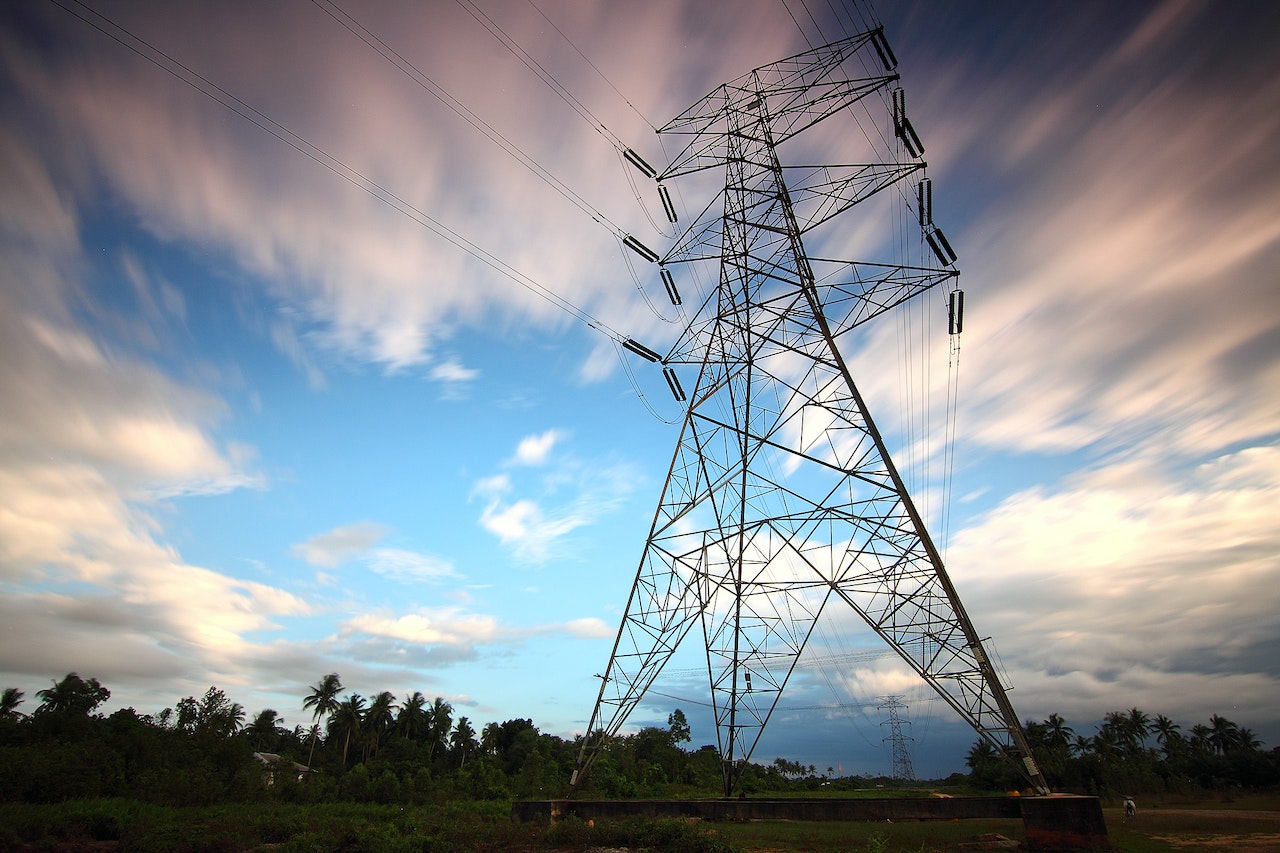Range Anxiety
Latest Eco Blog
30 EVs per public charger. Is this really a problem?
Today’s Times Newspaper jumped onto a political bandwagon, arguing that the Conservative Government will miss its own targets for public charging infrastructure in 2030 by 20 years.
The number of Electric Vehicles (EVs) per public charger has risen rapidly from 16 in 2020 to 30 per charge today, due to the increasing uptake of EVs in the marketplace.
Almost 23% of new cars registered last year were EVs, with this set to increase to 100% by 2030 as car manufacturing switches from “Internal Combustion Engine” (I.C.E) cars to clean EVs, as the world Governments take legislative action to force the switch in order to cut Co2 emission and slow Global warming.
Moving to an EV is therefore not an “If”, but a “When”. However, the when will clearly be influenced by the high costs of EVs and “Range Anxiety”, where potential buyers are concerned about whether their EVs will run out of charge and leave them stranded.
The Government has dealt with the higher EV price issue, by guaranteeing its very generous tax breaks until 2028. Under Salary Sacrifice Schemes employees can lease a brand-new EV via their businesses, releasing £10k on average of capital in their old petrol cars and securing a 28-42% discount on the lease cost, depending on their tax bracket.
With the “Benefit in Kind” (BIK) tax slashed from the 23% charged on petrol cars, to 2% on EVs and no requirement to drive any business miles for the company, EVs have become a must-have perk of employment. With most employers also allowing partners to be insured on the EV, the lowest mileage driver in the family often makes the switch to the EV, leaving the higher mileage driver with a patrol car.
“Range Anxiety” in reality is a myth for most EV drivers.
In an EV world, drivers’ “Homes” are a new highly convenient, “Petrol Station” replacement, with 90% plus of charging done at home when off-road parking is available.
The average round-trip commute is less than 100 miles per day, well within the 250-mile range of most EV models. Plugging in the EV each night when you return from work, quickly becomes a habit similar to plugging in your mobile phone, to ensure you're fully charged for the next day.
Unfortunately, if you live in a flat or house with on-road parking, we advise against moving to an EV until the business you work for installs chargers at the office and gives its employees who cannot charge at home, priority booking access. These secondary office “petrol stations” where drivers charge at work each day before commuting, will be far more important than public charging networks and need further incentivisation by the Government.
Mapping solutions available from Apps like eco: Electric Car Organisations, allow drivers to identify all local chargers and map stops on long journey routes, where “Fast chargers” can top up batteries whilst the owner takes a 30m break, to give them the extended range required.
In the opinion of EV leasing and charging experts, eco, the current debate over 30 EVs per public charger completely is highly misleading. Research shows that currently, 87% of EV owners have home chargers, which means that only 3.9 EVs need public chargers on a regular basis, leading them to remain underutilised and uneconomic to run.
However, eco is calling for all public charging to become “pre-bookable”, to avoid the 4 hours wait chaos seen in Birmingham over the Christmas period, where lots of drivers planned to stop in the same place having just assumed that the Fast chargers shown on their route maps would be available
Life with an EV does take a little more planning for long journeys, but drivers should ask themselves whether it would be simpler to complete these journeys via a combination of low-emission train and uber EVs, rather than their own EVs which are clearly not suited to regular long journeys.
The future is “Electric” and the day of the Petrol station is over, but it’s drivers' homes that will become the primary charging locations and not public chargers, so ignore the newspaper hyperbole of 30 EVs per public charger, as it is just there to scare you and sell papers.

